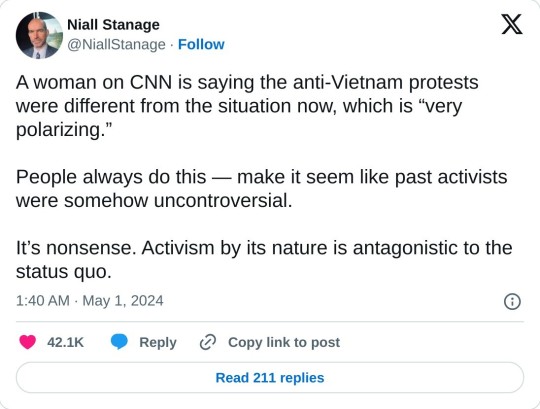In a world where voices are often drowned out by the noise of the status quo, protest emerges as the clarion call of the marginalized, the disenfranchised, and the oppressed. From the civil rights movements of the 1960s to the global climate strikes of today, protest stands as a testament to the enduring spirit of resistance and the unwavering pursuit of justice. In this blog post, we delve into why protesting is not just a right but a moral imperative in the quest for a better world.
The Power of Dissent
At its core, protest is an act of dissent—a refusal to accept the injustices that pervade society. It is a declaration that the current state of affairs is unacceptable and a demand for change. Throughout history, some of the most significant advancements in human rights, equality, and democracy have been catalyzed by the collective outcry of protesters.
Consider the civil rights movement in the United States, where courageous individuals marched, sat in, and boycotted in the face of systemic racism and segregation. Their protests were not merely symbolic gestures; they were strategic acts of resistance that challenged the entrenched norms of an unjust society. Similarly, the LGBTQ+ rights movement, the women's suffrage movement, and countless other struggles for equality have been propelled forward by the power of protest.
Holding Power Accountable
Protest serves as a crucial mechanism for holding those in power accountable for their actions. In democratic societies, the right to peacefully assemble and petition the government is enshrined as a fundamental right precisely because it serves as a check on authority. When governments fail to uphold the principles of justice and equality, it is the duty of citizens to raise their voices in protest.
Moreover, protest acts as a catalyst for change by bringing critical issues to the forefront of public consciousness. Whether it's police brutality, environmental degradation, or economic inequality, protest shines a spotlight on issues that might otherwise be ignored or marginalized. By disrupting the status quo, protesters force society to confront uncomfortable truths and spark conversations that lead to meaningful reform.
From the River to the Sea!
The Language of the Unheard
As Martin Luther King Jr. famously said, "A riot is the language of the unheard." While protests are often portrayed in the media as chaotic or violent, they are, more often than not, the desperate pleas of marginalized communities who have been silenced for too long. For those who have been systematically oppressed or marginalized, protest offers a platform to reclaim their voices and demand recognition of their humanity.
In this light, protesting is not just a political act but a deeply human one—an assertion of dignity and worth in the face of dehumanizing forces. It is a testament to the resilience of the human spirit and a refusal to be silenced in the face of injustice.
Conclusion
In a world rife with inequality, injustice, and oppression, protest emerges as a beacon of hope—a beacon that reminds us of our collective power to challenge the status quo and build a more just and equitable society. Far from being acts of disruption or disorder, protests are the lifeblood of democracy, the pulse of progress, and the rightful response to injustice.
As we navigate the complexities of the modern world, let us remember the words of Howard Zinn: "Protest beyond the law is not a departure from democracy; it is absolutely essential to it." So let us raise our voices, take to the streets, and stand in solidarity with those who seek a better world—for in doing so, we honour the legacy of those who came before us and pave the way for a brighter future for generations to come.



No comments:
Post a Comment